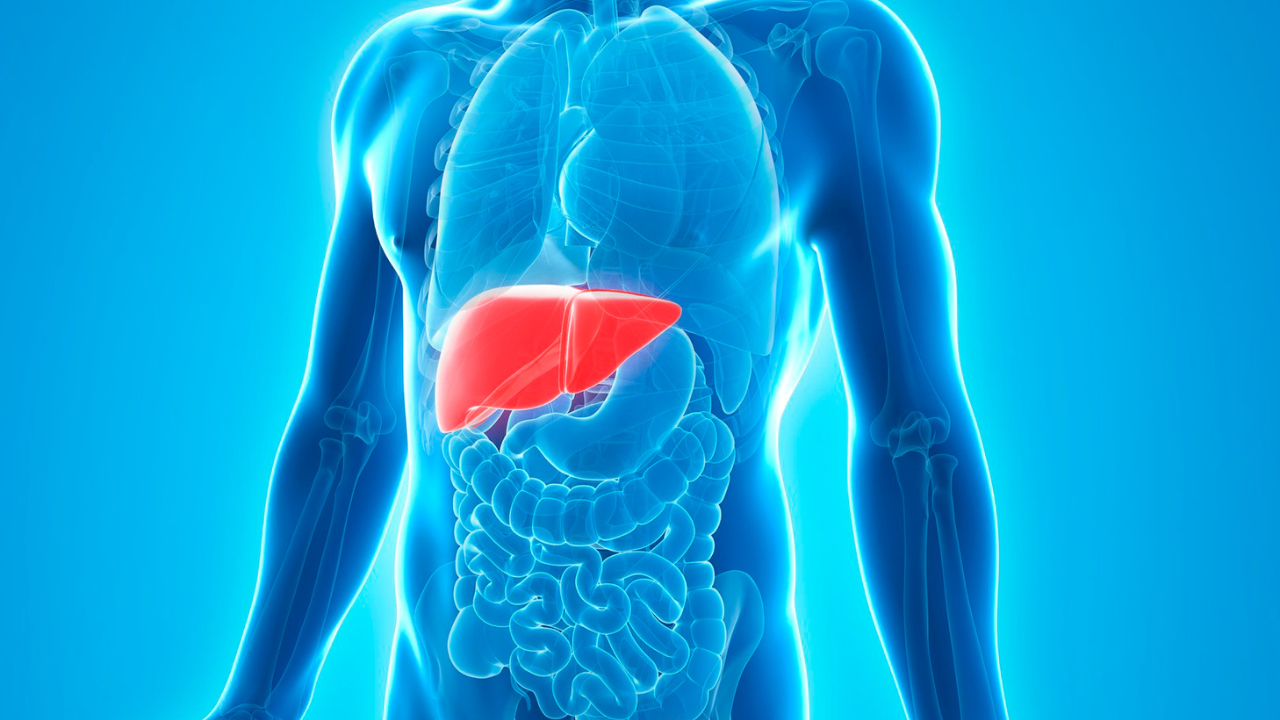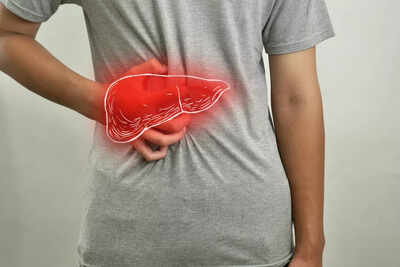About 100 million people in the United States are estimated to have non-alcoholic fatty liver disease, according to the American Liver Foundation. It is becoming increasingly common among young adults. If left untreated, fatty liver disease can progress to liver cirrhosis and even lead to liver failure. But can fatty liver disease affect your personality?A new study by the researchers at the University of Birmingham found that fatty liver disease patients are likely to suffer from a personality disorder. The findings of the study are published in BMC Gastroenterology.NAFLD, a growing health concern

Non-alcoholic fatty liver disease (NAFLD) has become the most common cause of chronic liver disease in developed nations. NAFLD is the key contributor to rising liver disease. This disease is marked by the buildup of fat in the liver. Lifestyle factors such as a poor diet and lack of exercise largely contribute to the disease. The researchers found that though NAFLD patients know that they need to watch their diet and exercise to keep the disease in check, they frequently exhibit uncontrolled eating behaviours.As NAFLD only exhibits a few symptoms in the early stages, the disease can progress to cirrhosis and liver failure in at-risk individuals such as diabetics. Non-alcoholic steatohepatitis, a more serious form of NAFLD, where the liver has become inflamed, is the most common cause of cirrhosis in industrialised countries, where deaths from liver disease have increased fourfold over the last 50 years.NAFLD and personality disorder

The researchers at the University of Birmingham found that NAFLD patients are around three times more likely to have a personality disorder compared to those without the disease. They have suggested that NAFLD patients undergo screening for personality disorders, and if identified, they should be treated before the patients start controlling their diet and exercise more.“Finding an increased prevalence of personality disorders in NAFLD patients is particularly striking, signifying that it’s not an issue associated with all liver disease, but just those with NAFLD. Importantly, it appears not to be a general mental health issue, as neither anxiety nor depression was found to be significantly different between the groups, despite both psychiatric disorders often being associated with chronic liver disease,” co-author Dr Jonathan Catling, from the University of Birmingham, said in a statement.

The scientists noted that, though simple measures such as changes in diet and increased exercise can prevent NAFLD’s progression, it is difficult to persuade patients to such dietary or exercise programmes. This may reflect the fact that such patients are often encouraged to boost their protein and calorie intake to reverse nutritional declines commonly seen in chronic liver disease.
“Our findings suggest an urgent need to examine attitudes towards diet and exercise so that we can better understand how to motivate NAFLD patients and deliver more effective treatment, preventing disease recurrence after liver transplantation,” Dr Catling added.They also noted that a patient’s attitude toward weight loss depends partly on their internal and external ‘locus of control’, or how much control they believe they have over life events. Those with high internal LoC perceive life events to be a result of their own actions and are more likely to be successful in losing weight.










